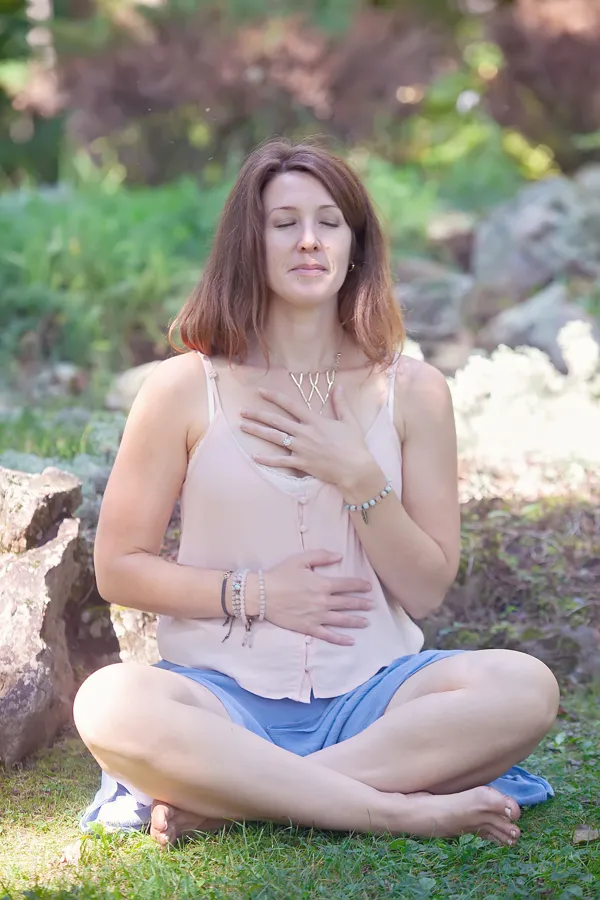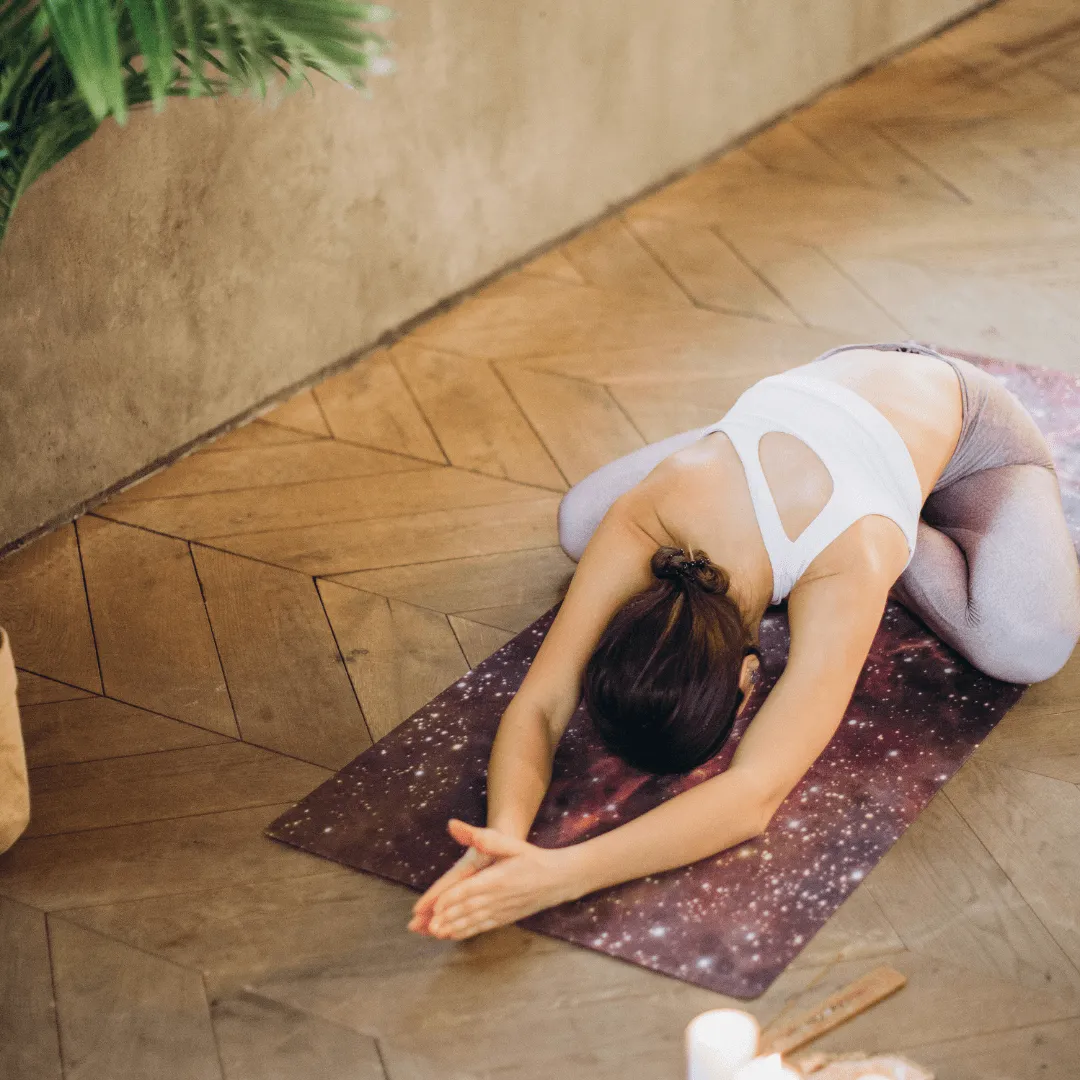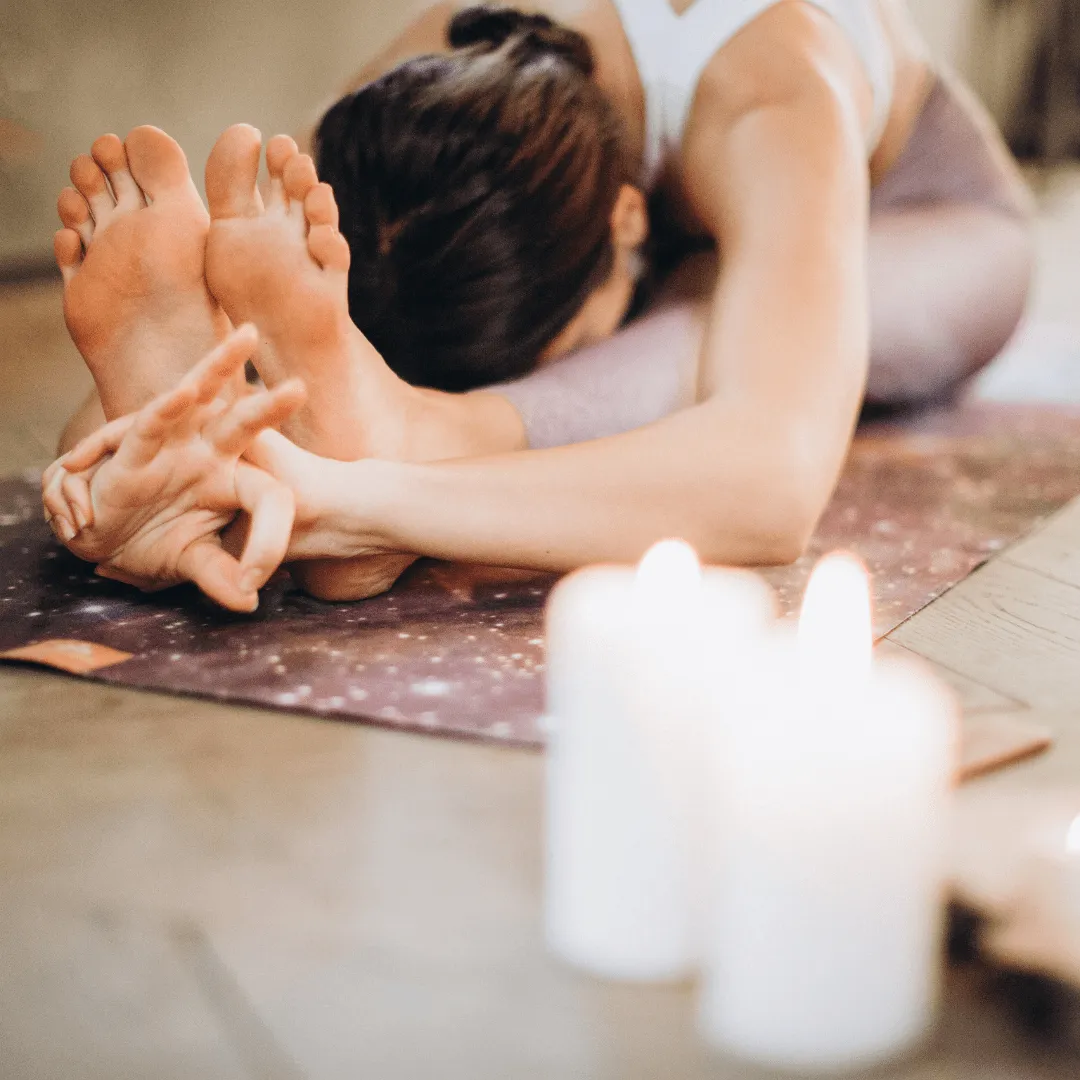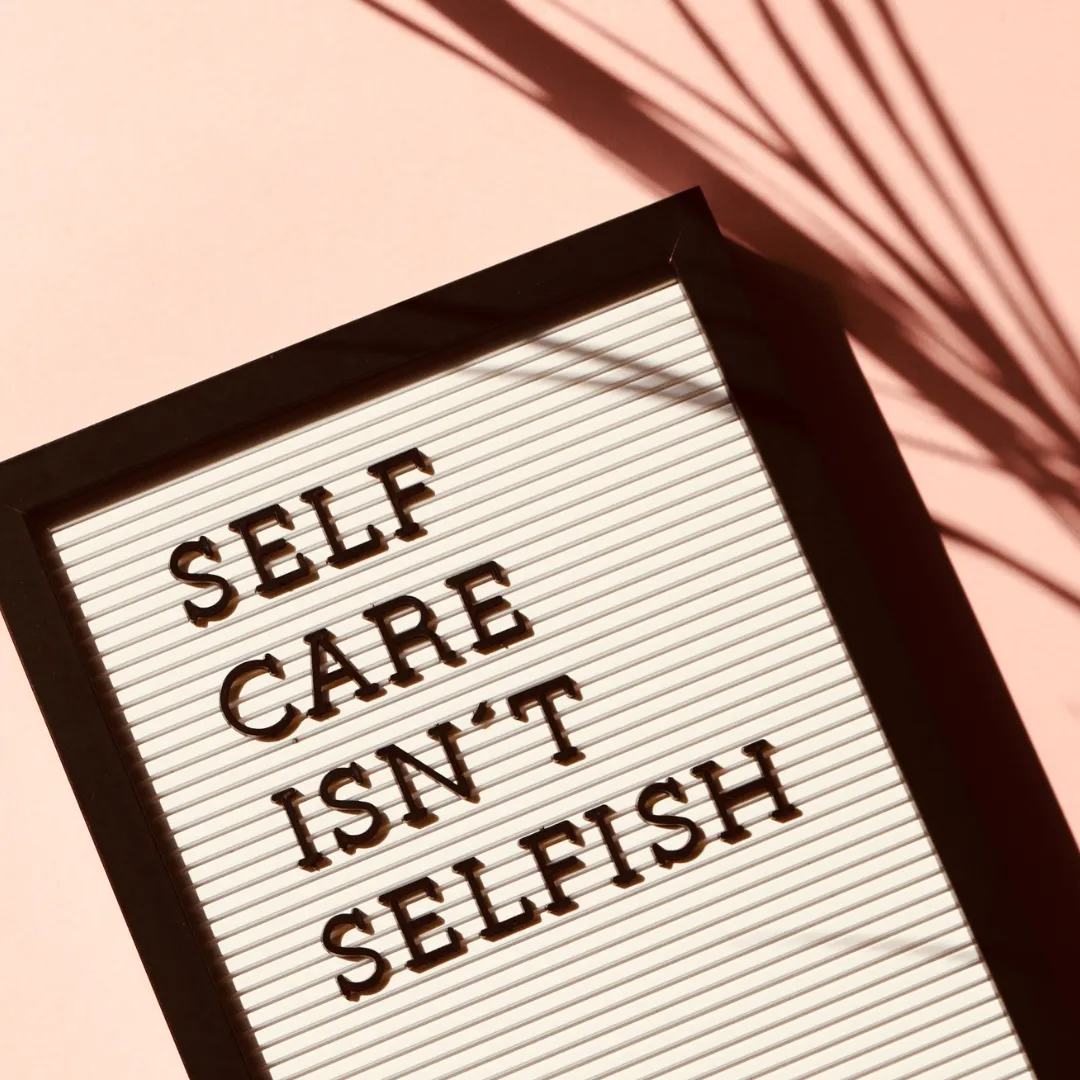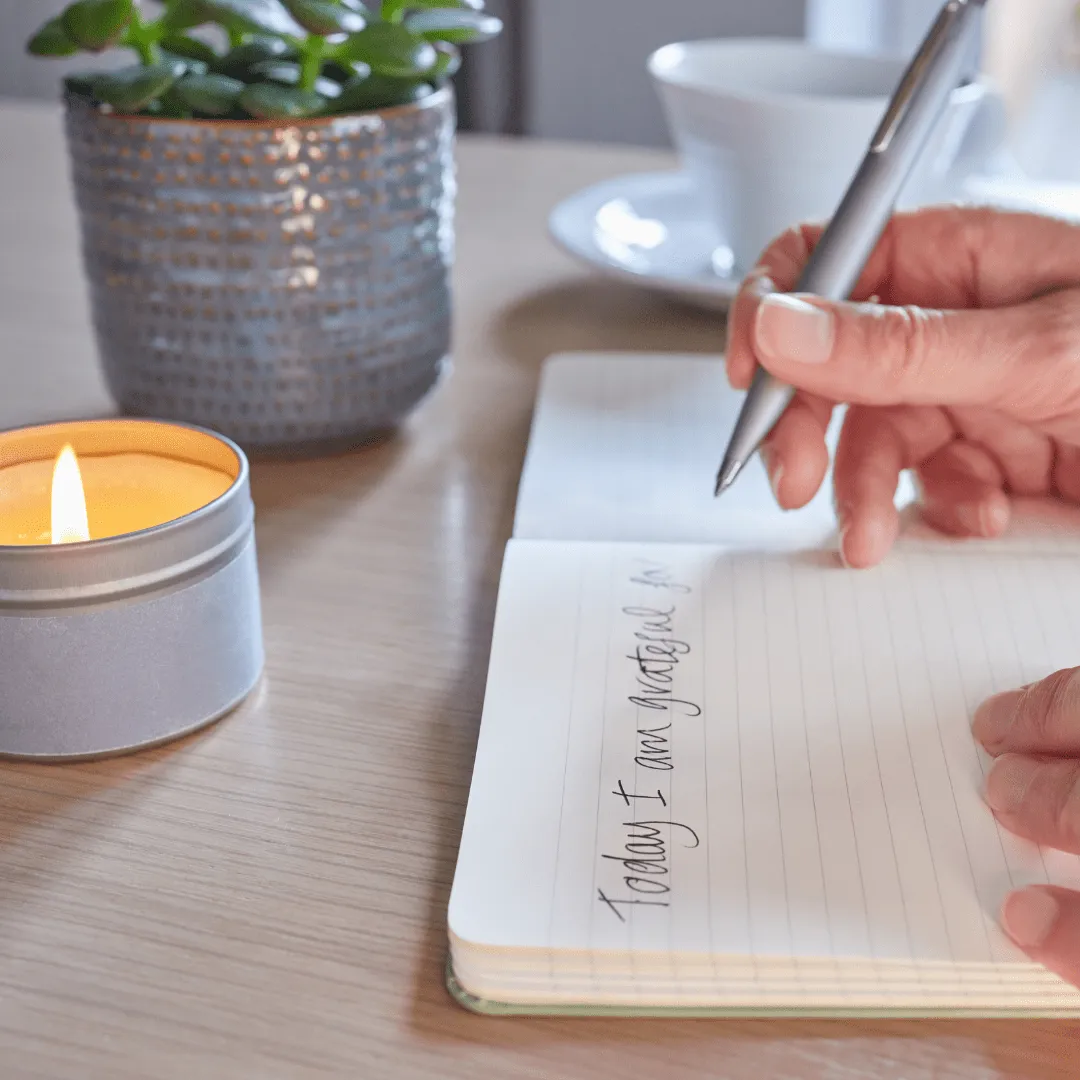Discovering Mindfulness: A Guide for Midlife Women
Welcome, ladies! As we traverse life's journey, especially during our beautiful midlife phase, we must pay keen attention to our physical and mental well-being. One way to enhance this well-being and foster a deeper connection with ourselves is through mindfulness.
[This post is for informational and educational purposes, it is not intended to substitute for professional medical advice, diagnosis, and/or treatment. Please consult your medical professional before making changes to your diet, exercise routine, medical regimen, lifestyle, and/or mental health care.]
[Disclaimer: "We are a participant in the Amazon Services LLC Associates Program, an affiliate advertising program designed to provide a means for us to earn fees by linking to Amazon.com and affiliated sites.” ]
[Please Note: Affiliate links may be used in this post. I may receive a small commission at no extra cost to you if you make a purchase through my affiliate link."]
But what exactly is mindfulness, and how can it enrich our midlife years?
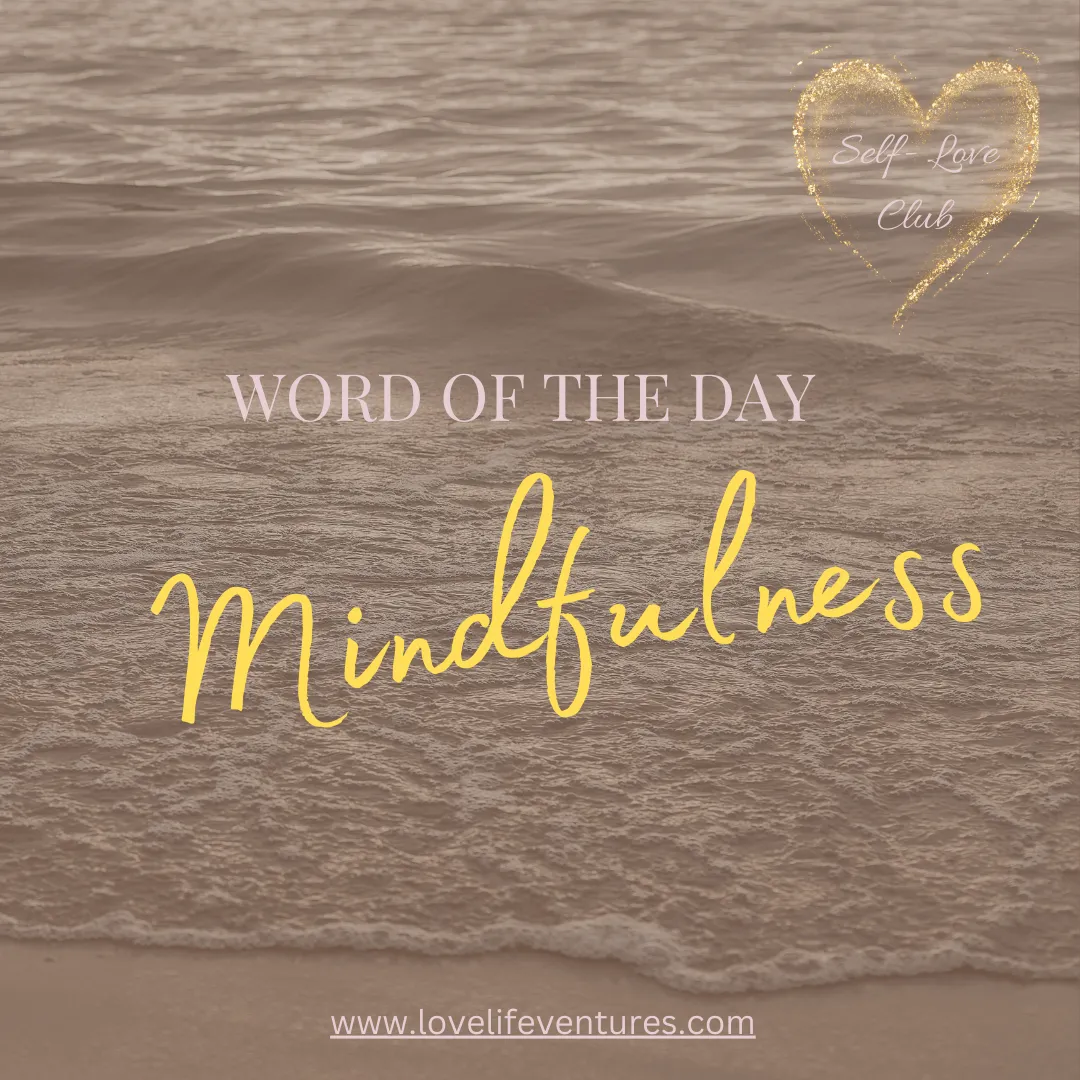
Mindfulness is more than just a buzzword; it's a profound practice that can help us lead more fulfilling lives. This transformative approach involves being present in the moment paying attention to our thoughts, feelings, and surroundings without judgment.
"Mindfulness isn't difficult. We just need to remember to do it." - Sharon Salzberg
Midlife women often juggle numerous responsibilities - from careers to family, personal goals, and societal expectations. Amid these whirlwinds of activity, mindfulness is an anchor, helping us stay grounded and serene.
This guide will delve into mindfulness, its benefits, and how to incorporate it into your daily life. Stay tuned as we explore this path towards serenity and self-discovery together.
Understanding Mindfulness
Mindfulness, in essence, refers to a mental state achieved by focusing on the present moment while calmly acknowledging and accepting one's feelings, thoughts, and bodily sensations. It’s about wholly engaging in whatever we do, free from distractions or judgments.
In other words, mindfulness is becoming more aware and conscious of your internal (thoughts and feelings) and external (environment) experiences.
The concept of mindfulness has roots in Buddhism but has been secularized and adapted into various modern forms, mainly due to its mental health benefits. In the Buddhist tradition, mindfulness is an integral part of meditation and is considered a path to enlightenment.
The practice became prominent in Western society through the work of Jon Kabat-Zinn, who founded the Mindfulness-Based Stress Reduction program at the University of Massachusetts Medical School in 1979. Since then, mindfulness has transcended its religious origins to become a popular tool in modern psychology for reducing anxiety and stress, improving concentration, and promoting a healthier mental state.
Mindfulness encourages us to break free from the autopilot mode that we often find ourselves in, driving us to a more conscious and thoughtful state of living.
By practicing mindfulness, we are not just existing but genuinely living each moment, which helps us respond more effectively to life's challenges rather than impulsively.
Furthermore, by enhancing our awareness of our thoughts and emotions, mindfulness can empower us to manage our mental health better. This can be particularly beneficial for midlife women navigating significant life transitions, helping them find tranquility amidst the chaos.
So, let's delve into this enriching mindfulness journey together and see how it can positively transform our midlife experience.
Benefits of Mindfulness
The practice of mindfulness offers a plethora of benefits that span our physical, mental, and emotional well-being:
On a physical level, mindfulness has been shown to help manage chronic pain, lower blood pressure, and improve sleep. Focusing on deep breathing and relaxation techniques used in mindfulness can also help reduce stress levels, fostering overall physical health.
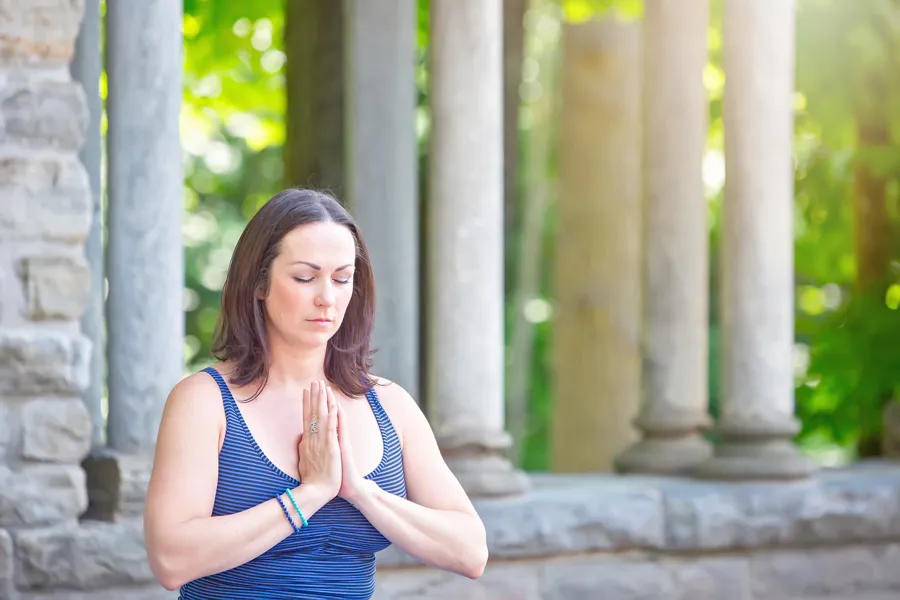
Mentally, mindfulness practices enhance our ability to focus and concentrate. Training our minds to stay present and fully engaged in a particular moment or activity sharpens our cognitive abilities and improves our memory.
It also aids in reducing anxiety and depression by helping us to discern between productive and unproductive thoughts.

Emotionally, mindfulness can bolster our self-awareness, allowing us to understand better and regulate our emotions. This increased emotional intelligence aids in cultivating empathy patience, and improves relationship dynamics.

Scientific research has backed these benefits consistently. For instance, a study published in the Journal of Cognitive Psychotherapy found that mindfulness practices could significantly decrease symptoms of anxiety and depression in women undergoing menopause, a crucial midlife transition.
Another study from the journal Health Psychology revealed that people practicing mindfulness exhibited lower cortisol levels, indicating reduced stress.
The beauty of mindfulness is its accessibility - it's a tool we all have at our disposal to improve our quality of life as we navigate the complexities of midlife.
Mindfulness Vs. Meditation
While often used interchangeably, mindfulness and meditation are not the same, though they are closely related.
Meditation is a significant umbrella term encompassing reaching ultimate consciousness and concentration to acknowledge and self-regulate the mind. It can involve a lot of techniques or practices to reach this heightened level of awareness - one such technique is mindfulness.
Mindfulness is a form of meditation, along with several others, like transcendental meditation, Zen, and mantra meditation, to name a few. Mindfulness encourages recognition of reality by focusing on your inner or outer experiences in the moment, without interpretation or judgment.
Despite their differences, mindfulness and meditation complement each other beautifully. Mindfulness can be practiced as a form of meditation where you focus on inner and outer experiences with awareness and acceptance. Conversely, mindfulness techniques can enhance meditation to foster a more profound sense of presence and engagement.
While all mindfulness is a form of meditation, not all is mindfulness. Both practices can work together to help you attain greater peace, balance, and understanding of your own mental processes.
This can be particularly useful in navigating the complexities and stresses during midlife, providing tools to manage these changes effectively and with greater ease.
Mindfulness Techniques for Midlife Women
Mindfulness offers a variety of simple and effective techniques that midlife women can incorporate into their daily routines.
One such technique is mindful breathing. This involves focusing on the rhythm of your breath noticing how the air flows in and out of your body. Focusing on such a vital process can anchor you in the present moment, quieting the mind and inducing relaxation.
Another technique is mindful eating. This practice encourages savoring each bite and being fully present with your food's textures, flavors, and smells. It not only enhances your culinary experience but can also foster healthier eating habits.
The practice of body scan meditation is another potent mindfulness tool. This involves mentally scanning each part of your body from head to toe, noting any sensations, discomfort, or relaxation in different areas. This practice can be particularly helpful in addressing menopausal symptoms such as hot flashes or tension.
These techniques can be seamlessly integrated into daily life. Mindful breathing can be done anytime - while waiting in line, during work breaks, or before bed. Mindful eating requires more intentionality during meals, which can be a refreshing change to rushed lunches or distracted dinners. Body scans can be done in the morning upon waking or at night before sleeping to foster greater bodily awareness and relaxation.
By regularly incorporating these mindfulness techniques into your routine, you cultivate greater awareness and presence and equip yourself with practical tools to navigate midlife's unique challenges.
In conclusion, mindfulness offers a robust approach to navigating the unique challenges of midlife, particularly for women. With its focus on presence, self-awareness, and acceptance, mindfulness can provide numerous benefits, from alleviating physical discomfort and stress to enhancing emotional intelligence and mental clarity.
Scientific research supports these anecdotal experiences, highlighting the positive impacts of mindfulness on overall well-being.
Whether it's through mindful breathing while waiting for your morning coffee, a body scan meditation before bed, or practicing mindful eating during your meals, these techniques can be seamlessly integrated into your daily routine.
The journey of mindfulness is personal and unique to each individual. It's not about achieving perfection but cultivating awareness and acceptance of your experiences.
So, we encourage you to explore these techniques and find what resonates with you.
Remember, the goal isn't to empty your mind but to become an observer of your thoughts and feelings without judgment. By embarking on this journey, you gift yourself the power of presence - a tool that can significantly enhance your journey through midlife and beyond.
Resources for Further Reading/Exploration
For those interested in further exploring mindfulness, there are numerous resources available.
[Disclaimer: As an Amazon Associate, I earn from qualifying purchases. This means that if you click on an affiliate link and make a purchase, I may receive a small commission at no extra cost to you. This commission helps support the maintenance and operation of this website, allowing me to continue providing valuable content and recommendations. Please note that the inclusion of any product links does not necessarily imply endorsement. I only recommend products and services that I genuinely believe will be of value to my readers. Thank you for your support!]
Books:
- "The Miracle of Mindfulness" by Thich Nhat Hanh: A classic guide to mindfulness from a revered Buddhist monk.
- "Full Catastrophe Living" by Jon Kabat-Zinn is a foundational book offering practical advice for cultivating mindfulness daily.
- "Wherever You Go, There You Are" by Jon Kabat-Zinn: This is another excellent guide from a leading voice in mindfulness, offering insights and exercises for readers.
Apps:
- Headspace: This popular app offers guided meditation and mindfulness exercises.
- Insight Timer: With thousands of free meditations, this app caters to various preferences.
- Calm: Besides meditation and relaxation exercises, this app also offers Sleep Stories for those struggling with insomnia.
Websites:
- Mindful.org: An online community offering articles, advice, and insights on mindfulness.
- The Greater Good Science Center at UC Berkeley: This site offers numerous articles and resources on mindfulness and its benefits.
Online Courses:
- "The Mindfulness Meditation Teacher Certification Program" offered by Mindfulness Exercises.
- "The Science of Well-Being" offered by Yale University on Coursera.
- "Mindfulness-Based Stress Reduction" (MBSR) is an online course Palouse Mindfulness offers.
Podcasts:
- The Daily Meditation Podcast: Offers daily tips and guided meditations.
- Ten Percent Happier with Dan Harris: Combines interviews with experts and guided meditations.
These resources can assist you in deepening your understanding of mindfulness, providing practical tools for incorporating these practices into your everyday life. Whether you read a book, download an app, or listen to a podcast, there are plenty of ways to continue your mindfulness journey.

